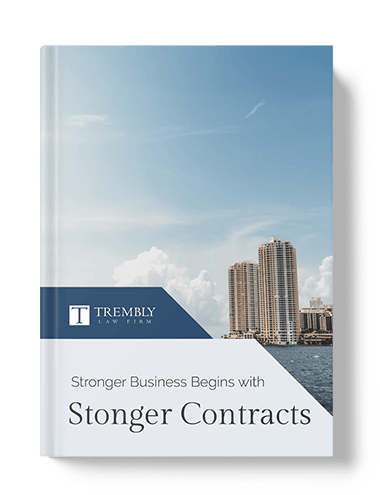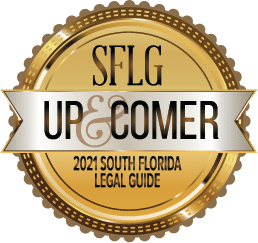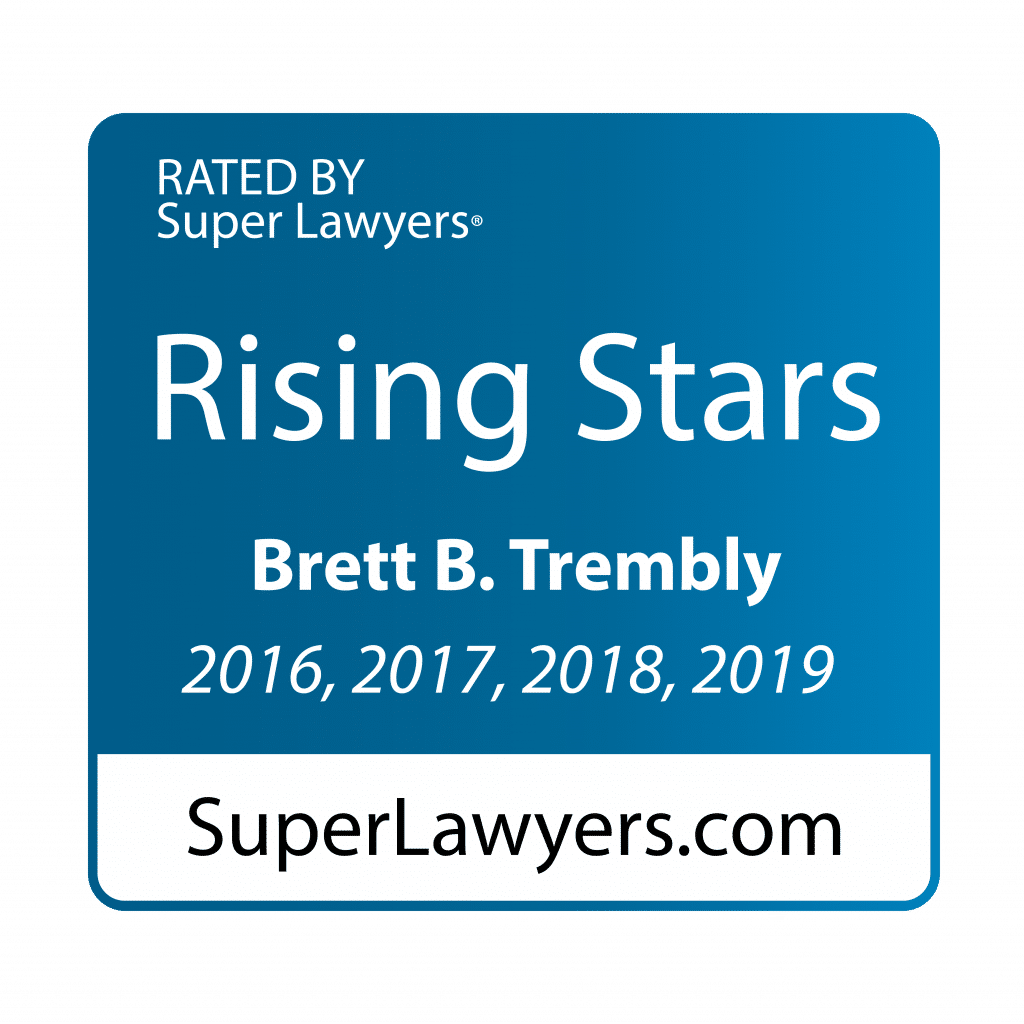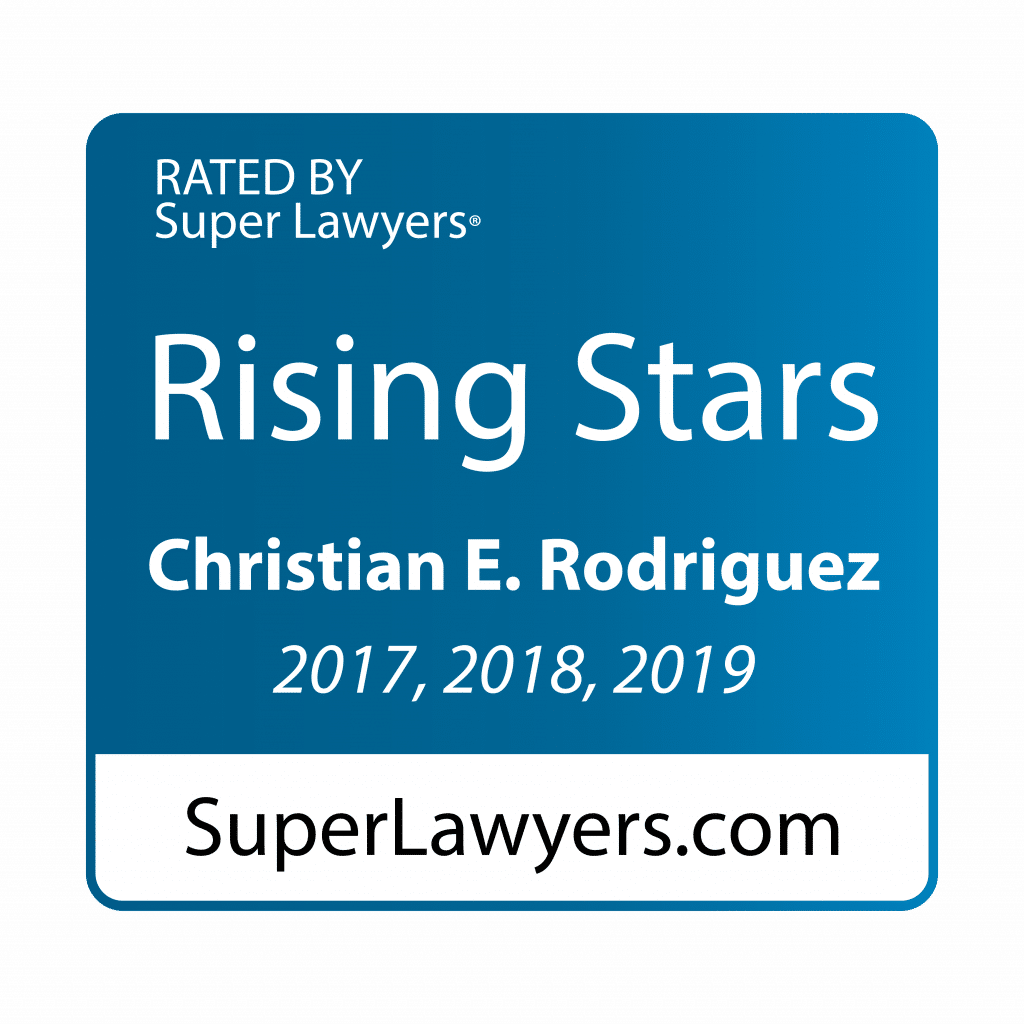As discussed in other posts, self-dealing is an intricate area of corporate law that poses a lot of problems for directors and officers. As a refresher, self-dealing occurs when a director or officer engages in a transaction as an interested party with the corporation. This usually is accommodated by a lack of disclosure. In most instances, unless the interested director or officer can prove the transaction was entirely fair by proving that both the process of the transaction and the ultimate price was fair, they will be facing major consequences. However, most states provide what are known as safe harbors: instances where self-dealing is still permissible. Florida is no exception.
Florida’s safe harbor statute is Florida Statute 607.0832, which is the Florida Business Corporation Act. The safe harbor statute’s purpose is to provide a means to review an interested director’s transactions. It is important to note Florida’s safe harbor statute only protects interested directors, not officers. An interested director will still be protected if the facts of the transactions are fully disclosed by the director to the corporation and its shareholders. However, the transaction must still be approved by a disinterested group of directors or shareholders. The latter requirements seeks to prove that the decision behind the transaction is truly independent of any personal motives the director may have.
The director must still be able to sufficiently prove that he has fulfilled both prongs of the statute. He must able to show that he fully disclosed all facts of the transactions to the disinterested directors or shareholders. He must further show that the directors or shareholders were truly disinterested. This is done by pointing to factors such as whether or not those individuals may have a separate stake in the outcome. They must also be shown to not have had their decision-making altered by any means, through such possibilities as payment or bribes. If the two prongs can be alleged satisfactorily to the court, the director may be able to avail himself of the safe harbor of the Florida Business Corporation Act.
Self-dealing is an ugly aspect of corporations. Often times, self-dealing is impermissible in transacting business on behalf of a corporation. However, this is not always the case, as attested to by the Florida Business Corporation Act. Whether or not a self-dealing transaction falls within the protection of the Act is often times a factual question for the court. Having the right legal team can help best determine the status of any corporate transaction. Call the Trembly Law Firm at (305) 431-5678 to schedule a consultation.

















